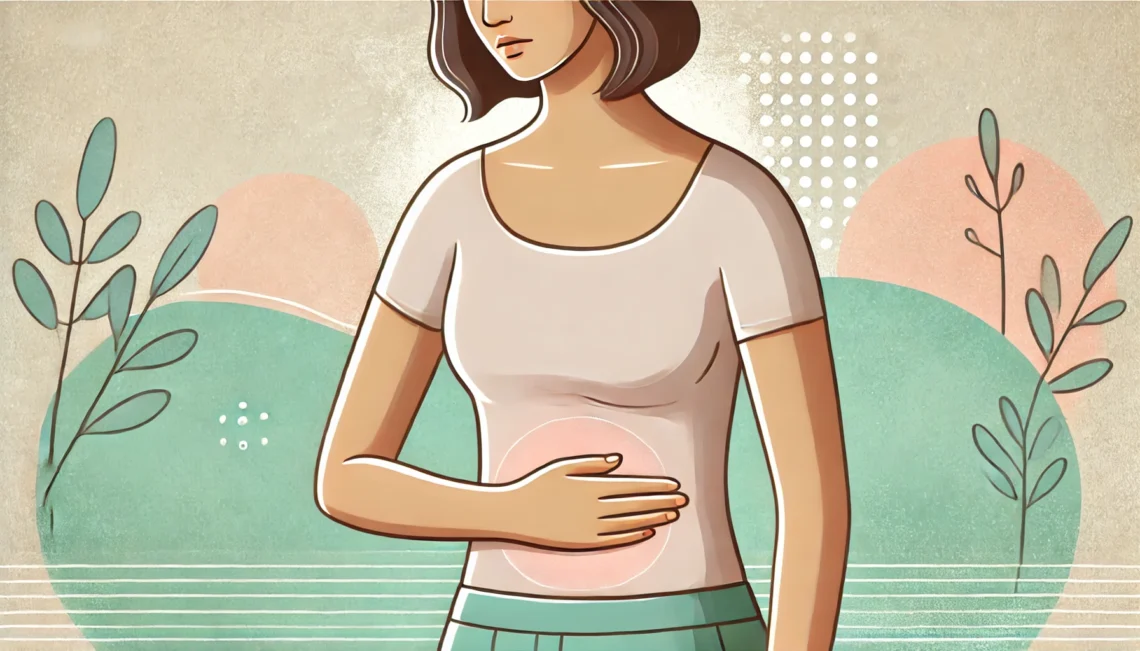If you’ve been diagnosed with Polycystic Ovary Syndrome (PCOS), you’re likely familiar with the challenges it brings. From managing weight gain and insulin resistance to dealing with irregular periods, PCOS affects various aspects of your health. Recently, a medication called Ozempic (semaglutide) has gained attention, especially among women with PCOS and a lot of people ask the question “Will insurance cover for PCOS?”. Known primarily for helping people with type 2 diabetes, Ozempic has shown promise in addressing some common struggles women with PCOS face, like weight loss and insulin sensitivity. But here’s the key question many have when considering…
-
-
If you have Polycystic Ovary Syndrome (PCOS), you’re probably familiar with some of its common symptoms—things like inflammation, hormonal imbalances, and skin issues. What you might not know is that Vitamin E, a powerful antioxidant, can be a real game-changer when it comes to managing these symptoms. In this article, we’ll dive into how Vitamin E can help with PCOS, the best ways to get it, and how to easily incorporate it into your daily routine. What Exactly Is Vitamin E? Vitamin E is a fat-soluble nutrient that acts as a strong antioxidant. It’s super important for protecting your body’s…
-
Vitamin D for PCOS is an essential topic for women with Polycystic Ovary Syndrome (PCOS), as research shows that low levels of Vitamin D can worsen PCOS symptoms. By boosting Vitamin D levels, women can improve hormone regulation, reduce inflammation, and support overall health. This article explores how Vitamin D works, its sources, and ways to ensure you’re getting enough of this vital nutrient. What Is Vitamin D for PCOS? Vitamin D, often referred to as the “sunshine vitamin,” is produced by your skin when exposed to sunlight. It plays a crucial role in bone health, immune support, and hormone regulation.…
-
Polycystic Ovary Syndrome (PCOS) is a condition that affects many women, particularly those in their reproductive years. It can cause symptoms like irregular periods, acne, weight gain, and difficulty getting pregnant. While there’s no cure for PCOS, certain vitamins for PCOS can help alleviate these symptoms and improve your overall well-being. Let’s dive into the best vitamins for PCOS and how they work! What is PCOS? PCOS occurs when your ovaries produce too many male hormones (androgens). This imbalance can lead to: Irregular or missed periods Excess facial or body hair (hirsutism) Acne or oily skin Weight gain or difficulty…



